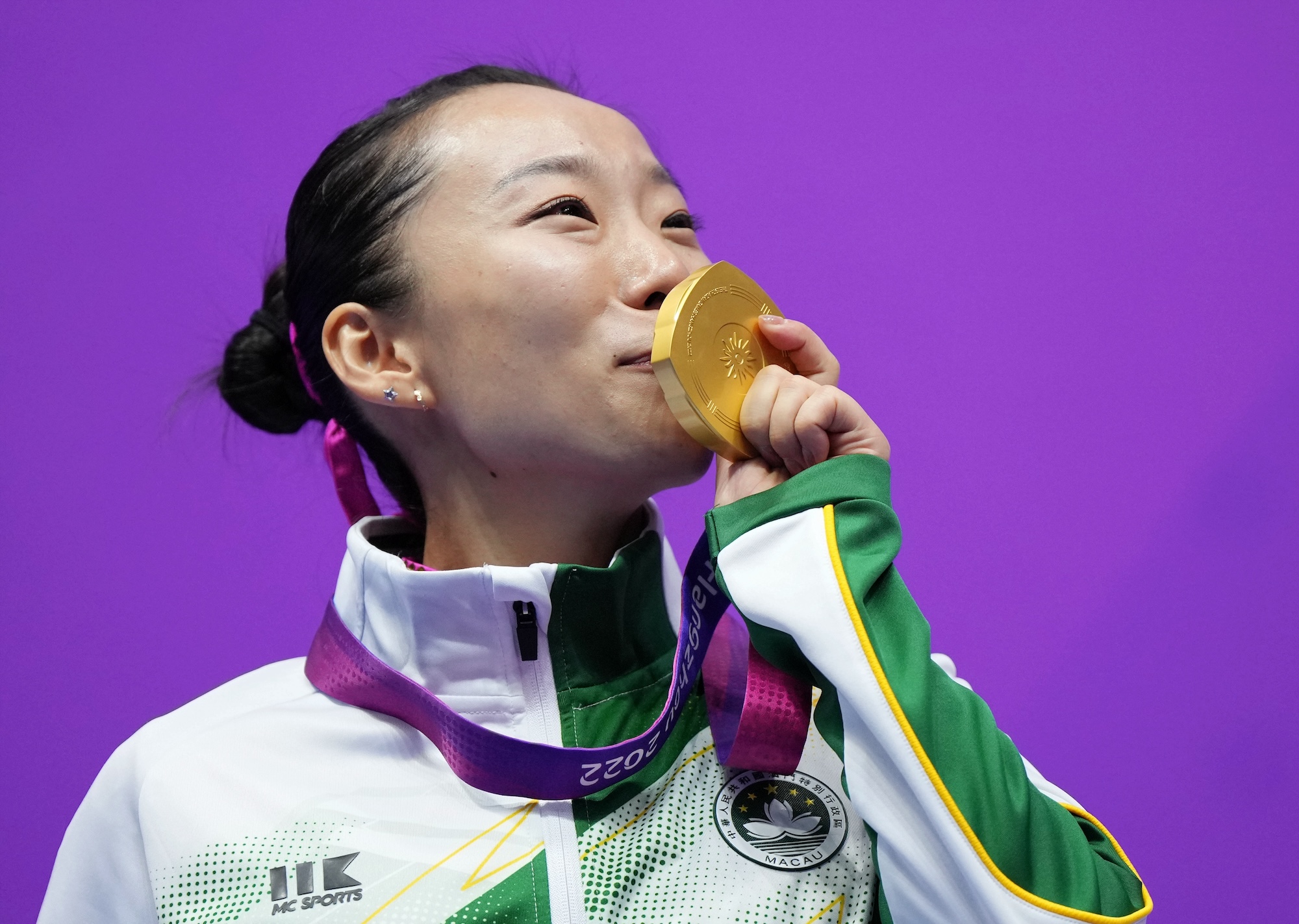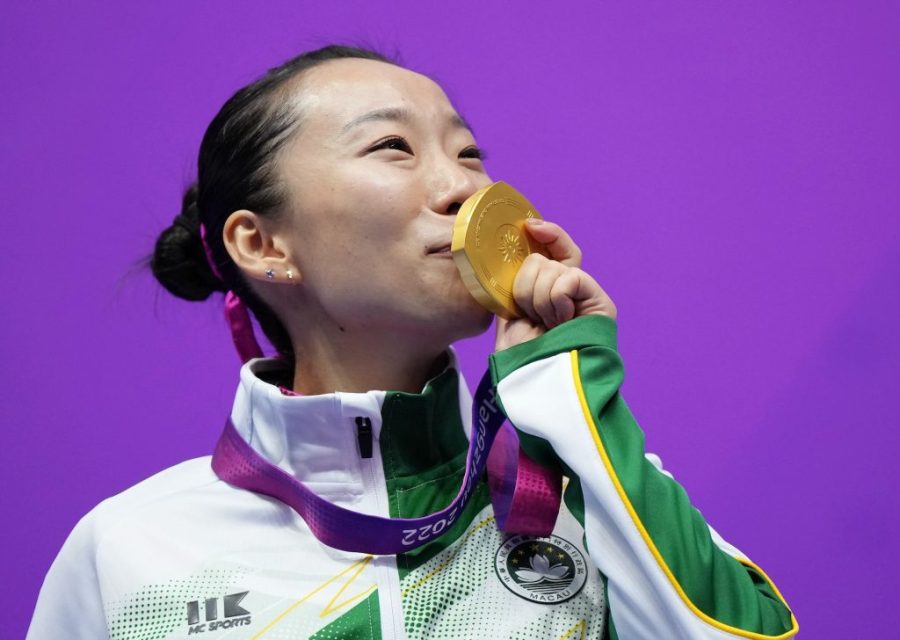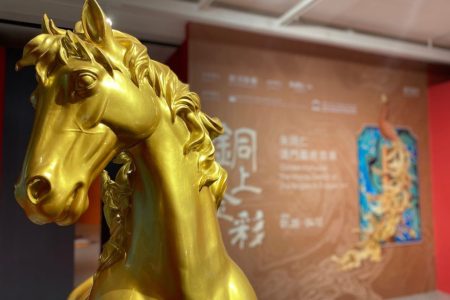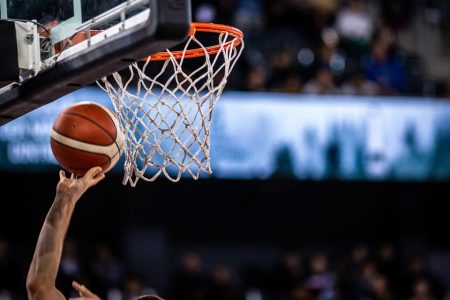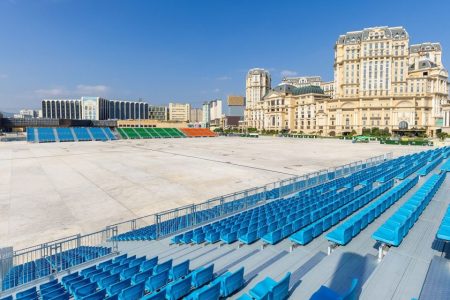Macao brought home six medals from the recently concluded 19th Asian Games in Hangzhou – but the solitary gold was won by Li Yi. She scored 9.786 in the women’s changquan competition, narrowly defeating Hong Kong’s Liu Xuxu by 0.03 points. (For the uninitiated, changquan is a northern Chinese style of wushu – the codified system of Chinese martial arts that has been developed into an exhibition sport.)
Macao has only won gold twice previously at the Asian Games, and both of those were in wushu as well. The first was earned by Jia Rui at the 2010 Guangzhou Asian Games. The second was won by Huang Junhua at the 2018 Jakarta Asian Games (he also picked up a bronze at this year’s event).
For Li Yi, wushu is not so much a sport as a single-minded obsession. The 31-year-old spoke to Macao News about training, more training and the first thing she does after a competition.
This interview has been edited for length and clarity.
How do you feel after winning gold at the Asian Games?
I’m very happy and in a relaxed mood now. The six months leading up to the competition were intense because I was actively preparing non-stop. There was even a time when I did not sleep well. But my nerves were calm before the competition since I felt well-prepared.
At what age and how did you get into martial arts?
I started practising when I was eight years old. I practised every night when I was in school and even in the mornings and afternoons on vacations. Martial arts became part of my life. Just like waking up and brushing my teeth every day. Even after I retire from the sport, I plan to teach it every day.
Is there a moment or one experience during a competition that you can’t forget?
There have been dozens, big and small. The most unforgettable one has to be the [this year’s] Asian Games. This event is held once every four years and wushu competitions require that each person can only participate in one discipline only, which greatly increases the difficulty of winning a medal. Since the event was postponed for a year, I was working and training at the same time, while also trying very hard to keep up with the competition level.
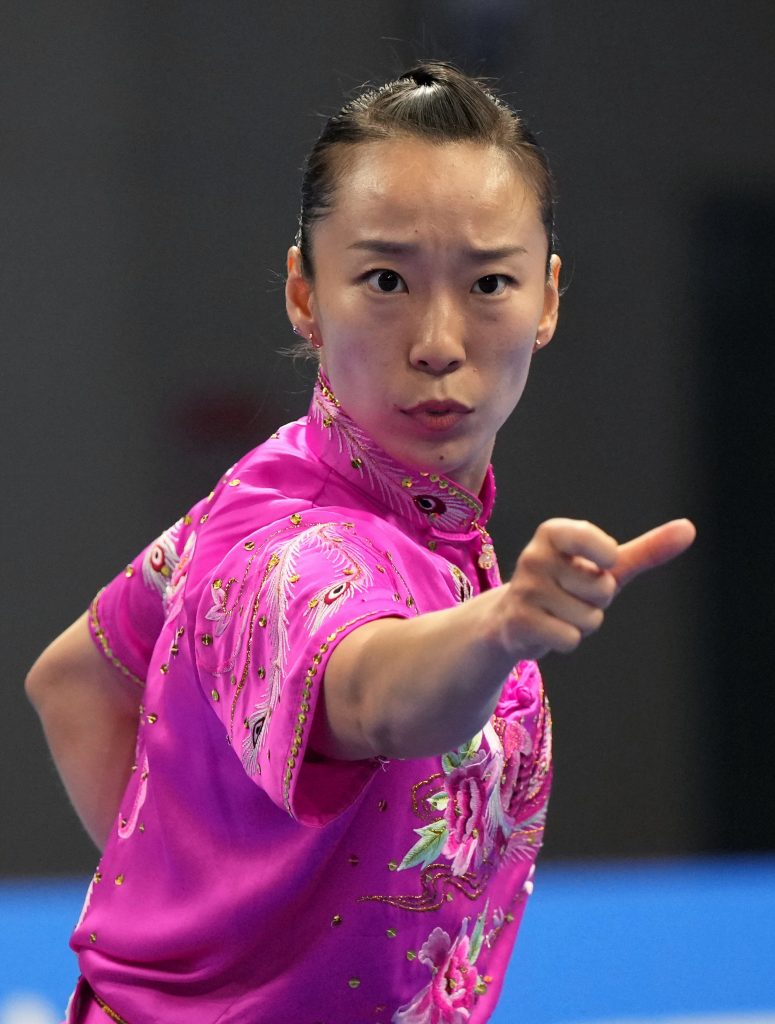
What’s your training mantra? And what are the different types of training you work?
“Keep the faith” and “Don’t give up once you’ve decided to do it.” At most, we have 12 classes per week, about 25 hours in total. We have technique, physical fitness and rehabilitation classes.
Can you tell us a little about your coach?
My current coach is Iao Chon In, who was also my former teammate. He is very caring and attentive to the athletes during the training process.
[See more: With the countdown on for the Macau Grand Prix, here’s everything you need to know about the Guia Circuit]
Do you have a pre-competition routine?
I often simulate the conditions of the competition. So it is the same as training, except for the psychological adjustment before going on the floor. Through self-talk, I minimise the pressure and focus on controlling body and movement techniques.
What is the one thing you always do after a competition?
Be the first to share how the game went with my parents, who are watching the livestream.
Is there a competition you dream of participating in?
I would have liked to participate in the East Asian Games again because I had not won a gold in that competition yet. However, wushu has been cancelled at that event.
What’s your plan for wushu in the future?
Since I’m on the verge of retirement, I hope to pass my experience to the students and nurture a new generation of Macao martial artists, helping them fulfil their dreams.
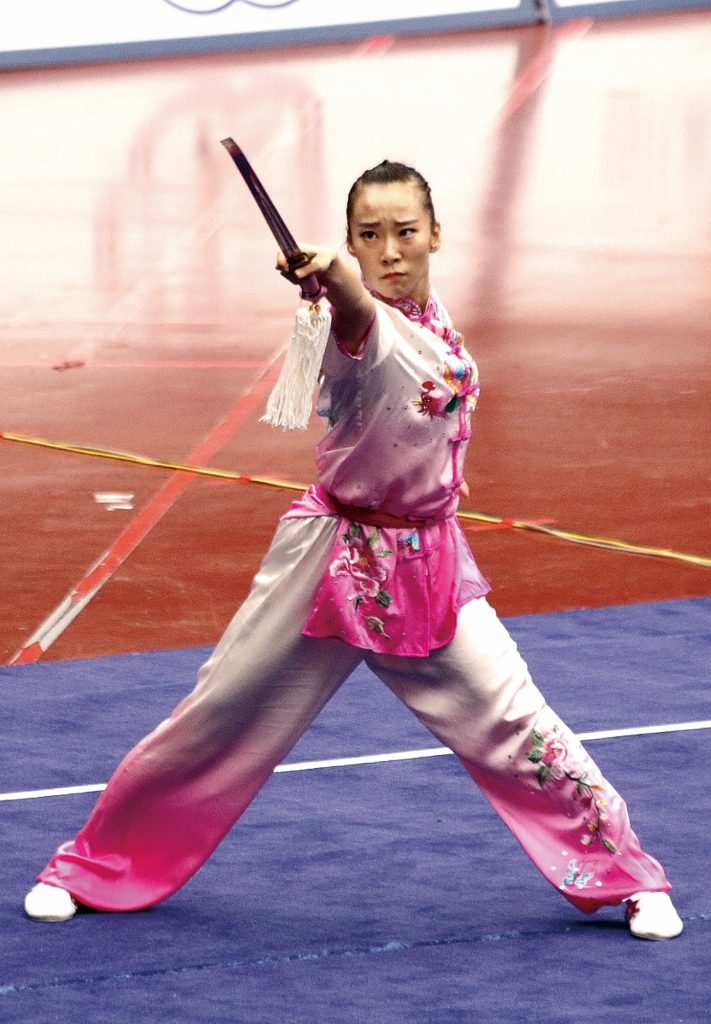
How are you able to balance sports and work life?
When I wasn’t working, basically life gave way to training and that always came first. Now, it’s back to the original schedule of going to school during the day and training at night. However, I have to put in more physical effort compared to when I was younger.
